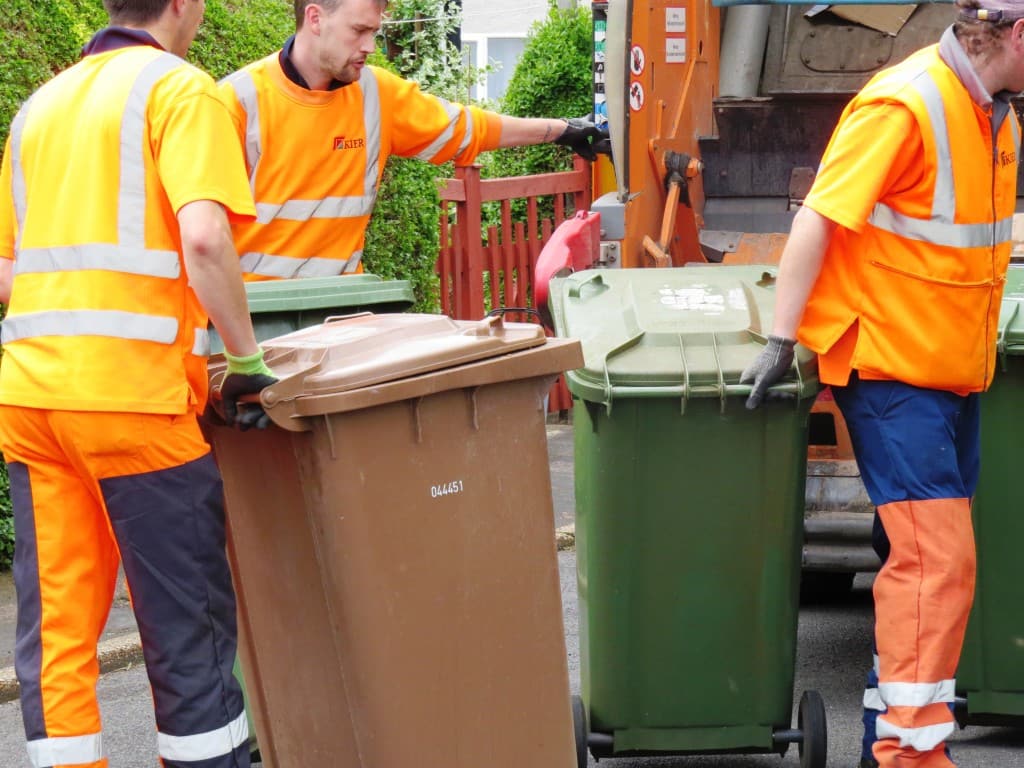Recycling officers won praise yesterday from a senior Defra official but were reminded that the rate of increase in recycling rates has slowed and action may be needed to revive it.
Addressing the annual conference of Larac, the Local Authority Recycling Advisory Committee, in Nottingham, Richard Pullen, head of waste strategy and regulation, Defra, told the 300 delegates: You have made great progress. Compared to 10 years ago we are in a much better place. The government has made interventions, such as the landfill tax, but it is local authorities who have driven up recycling rates.
Mr Pullen gave mixed messages on meeting targets for the diversion of biodegradable waste under the Landfill Directive diversion targets for 2020, saying, we are well on track to meet the targets for BMW to landfill.
But, he went on to sound a note of caution. Pointing to a graph which showed the rise in recycling rates levelling off in recent years, he said: As the graph shows, the rate of increase in recycling has slowed down. We are keen to work with local authorities and industry to understand that trend and what, if any, action may be needed to ensure that we are on track to meet the 2020 targets.
Household waste recycling rates, England 200/01 to 2011/12

Collections
The Defra official then turned to the vexed issue of commingling and separate collections which the last recycling minister, Lord de Mauley, wrote to local authorities about earlier this week (see letsrecycle.com story).
Mr Pullen explained that there are EU targets on achieving quality, and the benefits include raising public confidence and should lead to higher income from the sale of higher quality material.
He noted that there was an EU obligation to separately collected and that the courts had said we have transposed the directive correctly.
From 1 January 2015 councils, he said will to collect materials separately with two exceptions, where it was not technically feasible or economically practical to do so.
This is not to say that commingling is outlawed. Separate collection is the default unless those two exceptions are met. Local authorities who are looking to let contracts will need to look at this and take legal advice.
Glass
The Defra official then turned to glass packaging. There seems to be a particular problem around glass. Presently many existing MRFs struggle to get the glass out and may not achieve the quality needed for remelt.
Local authorities were also reminded of an issue surrounding green waste sent for composting, although any decision looks likely to be delayed for a few years.
At present the green waste accounts for some 35% of the recycling achieved in England, said Mr Pullen. We have considered whether the Waste Framework Directive requires a change, particularly if materials must be sent to PAS100 standard processes or to accredited facilities. If we need to change, it makes sense to do this when the outcome of the EU review is clear. This is on the books but we have to look at the direction of travel of the EU review before coming to any decision.










Subscribe for free